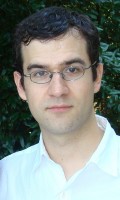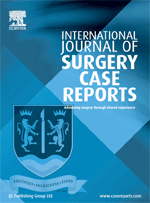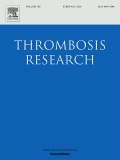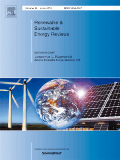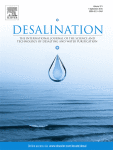
The Lancet has tagged an expression of concern onto a seminal 2011 paper by Paolo Macchiarini, the Italian surgeon whose work and conduct outside the operating room has earned months of heavy criticism that recently culminated in his dismissal from the Karolinska Institutet.
“Tracheobronchial transplantation with a stem-cell-seeded bioartificial nanocomposite: a proof-of-concept study,” which described the first case of a transplant using an artificial trachea seeded with the patient’s own stem cells, now bears an expression of concern from The Lancet editors, citing ongoing investigations. The journal has also removed three more authors from the paper, upon their request.
The expression of concern essentially presents the timeline of the controversy that led the journal to make this move:
Continue reading Lancet issues expression of concern for 2011 Macchiarini paper

